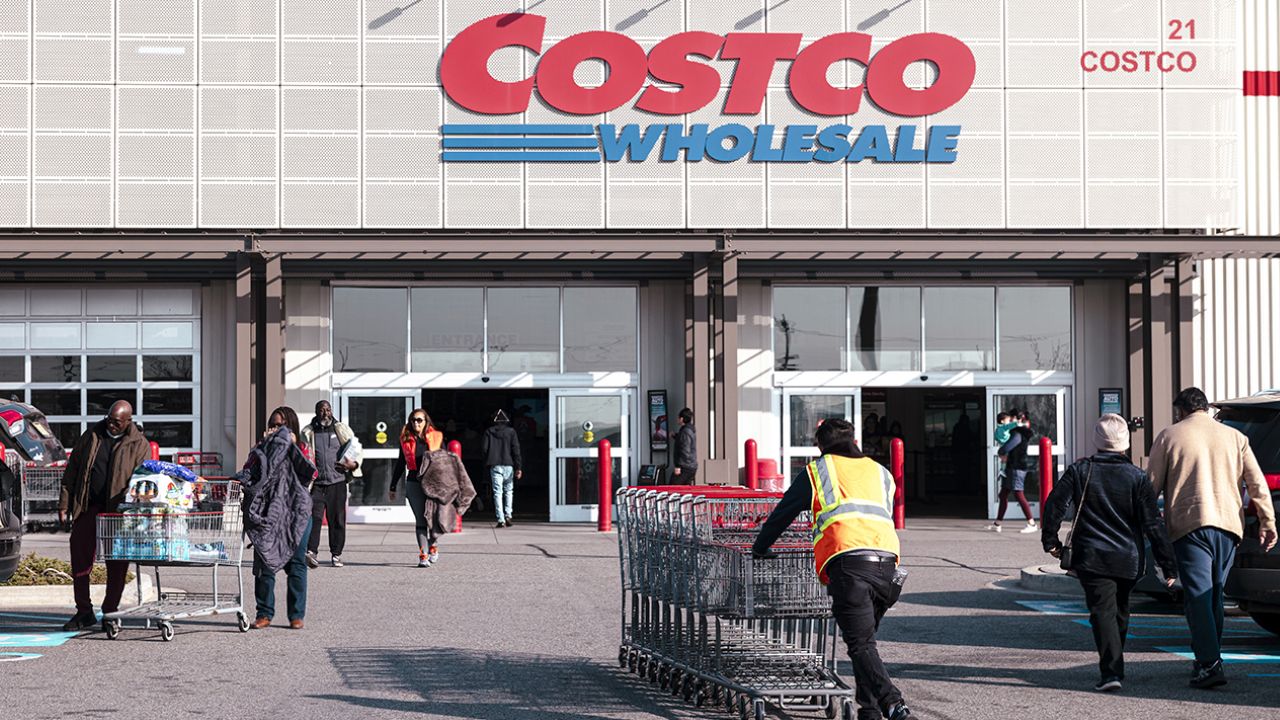You’ve put in the years, the hours, and the elbow grease. Now it’s time to enjoy retirement without sweating every dollar. But here’s the catch: living on a fixed income means every expense counts. The good news? A few smart swaps and habit tweaks can stretch your budget further—without cramping your lifestyle.
Here’s how the pros say you can keep more money in your pocket while still living the good life.
1. Bye-Bye, Plastic Bags
Financial planner Marguerita Cheng, CFP knows firsthand how little things add up. In her home state of Maryland, plastic bags come with a tax.
“You can leave reusable bags in your car,” Cheng told Annuity.org. “Not only is this good for your wallet, but it is also good for planet Earth.”
Translation: swap the flimsy store bags for a sturdy tote. Bonus points if you pick a stylish one—suddenly, grocery runs feel like farmer’s market outings.
2. Water, Water Everywhere
Bottled water might not seem like a budget buster, but the costs sneak up faster than you think. And the environmental toll? Yikes.
Cheng suggests investing in a simple home water filtration system. Pair it with a reusable bottle, and you’ll save hundreds over the years.
Michael Collins, CFA and CEO of WinCap Financial, is on the same page: “Bottled water is another unnecessary expense that can add up over time, and it also contributes to plastic waste.”
3. Cable TV: The Silent Budget Killer
Remember when cable TV was a must-have? These days, it’s more like a must-cut.
“You may be paying for channels that you don’t watch,” Cheng pointed out. Instead, swap to streaming services. With Netflix, Prime, Hulu, and even free options like Pluto TV, you’ll likely find what you need at a fraction of the price.
Collins added, “With the rise of streaming services, cable TV has become an unnecessary expense for many households.”
4. Subscription Overload
From razors to pet food, subscription boxes can be fun…until you realize you’ve stockpiled enough to open your own store.
Cheng cautions retirees to audit their subscriptions regularly. “Not just magazine subscriptions, but subscriptions for all goods and services. Consider reevaluating to ensure that the delivery frequency meets your needs.”
Ask yourself: do you really need a new razor every week? Or three cases of sparkling water stacked in the garage? Probably not.
5. Cleaning Products: Less Is More
Here’s where old-school wisdom pays off.
“My mom has shared many hacks with me,” Cheng said. “Yes, it is important to have a clean and beautiful home, but we can do so with fewer toxic chemicals.”
Her trick? DIY cleaning products—vinegar, baking soda, tea tree oil—and microfiber cloths that replace mountains of paper towels.
Collins backed her up: “Paper towels and napkins may seem like a convenience, but they are wasteful and can add up. Invest in reusable cloth napkins and cleaning cloths that can be washed and reused.”
It’s cheaper, greener, and your cabinets won’t be overflowing with half-used sprays.
6. Gadget Overload: Just Say No
If you’ve ever been tempted by a late-night infomercial promising a miracle kitchen tool, you’re not alone. But financial YouTuber Erika Kullberg says resist the urge.
“There are so many fun gadgets on the market that seem like they will solve all your problems, but just end up cluttering your kitchen drawers,” she explained.
Her advice? Learn a few solid cooking skills instead. “Any real chef will tell you that having a good knife and knowing how to use it will get you further than buying a bunch of gadgets.”
FAQs:
What’s the easiest expense to cut in retirement?
For many, it’s cable TV. Streaming or free digital channels can provide similar entertainment for a fraction of the price.
Are DIY cleaning products really effective?
Yes. Simple combinations like vinegar and baking soda work well, cost pennies, and reduce toxic chemicals at home.
Do subscriptions really hurt a retiree’s budget that much?
They can. Even $10–$20 a month adds up quickly when multiplied across multiple services.


















